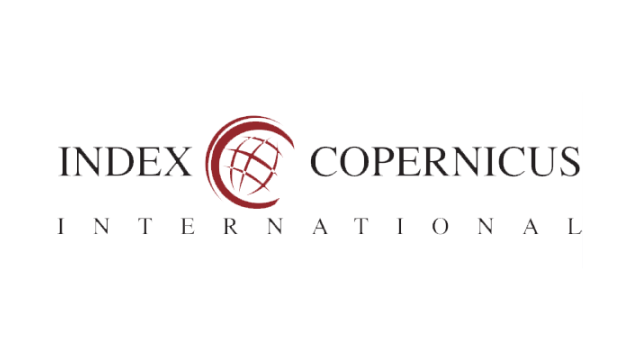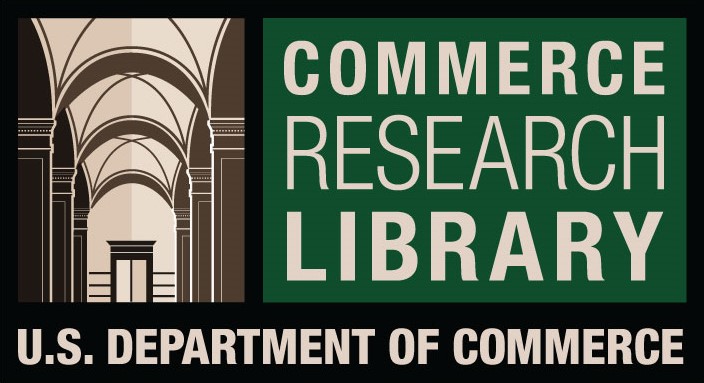CONCEPTUAL STUDY ON ORGANIZATIONAL PERFORMANCE IN INDIAN CONTEXT
DOI:
https://doi.org/10.61841/77etqt92Keywords:
Organizational performance, organizational effectiveness, performance, performance measurement, individual-level; group-level, organization-level;, causal framework, Indian context.Abstract
Organizational performance is the most important dependent variable of interest for researchers working in just about any area of management. This research paper/chapter presents a review of the research that has happened in the area of organizational performance in India during the period 2003- 2015. The paper begins with a presentation on the issue of performance measurement and the associated challenges. Next, it documents research that has linked individual-level, group-level and organization-level variables to organizational performance. While presenting a description of studies, the paper also presents their critical appreciation bringing out salient points, theoretical and conceptual contributions, limitations, gaps and the scope of future research. Important areas, themes and issues that need attention are brought into focus. In the end, a multi-level model incorporating the insights gained from the survey has been presented that provides a process framework linking antecedent variables to organizational performance. The framework provides a set of working hypotheses that should set the course of future organizational performance research in the Indian context.
Downloads
References
1. Aggarwal-Gupta, M., and Vohra, N. 2010. ‘Measuring Effectiveness of Schools in India: A Multiple Stakeholder Framework’, e-Journal of Organizational Learning and Leadership, 8(2), pp. 1-22.
2. Appelbaum, E., Bailey, T., Berg, P., and Kalleberg, A. L. 2000. ‘Manufacturing Advantage: Why High- Performance Work Systems Pay Off’, Ithaca, NY: Cornell University Press.
3. Arthur, J. B. 1994. ‘Effects of Human Resource Systems on Manufacturing Performance and Turnover’, Academy of Management Journal, 37(3): pp. 670-687.
4. Awasthy, R. and Gupta, R. K. 2004, ‘How do Indian Executives Define Organizational Effectiveness?’, Indian Journal of Indian Relations, 39(3): pp. 281-297.
5. Azmi, F. T. 2010. ‘Devolution of HRM and Organizational Performance: Evidence from India’, International Journal of Commerce and Management, 20(3): pp. 217-231.
6. Bae, J., and Lawler, J. J. 2000. ‘Organisational and HRM Strategies in Korea: Impact on Organisation Performance in an Emerging Economy’, Academy of Management Journal, 43(3); pp. 502-517.
7. Bamel, U. K., Santosh Rangnekar, and Rastogi, R 2011. ‘Managerial Effectiveness in Indian Organizations: Reexamining an Instrument in an Indian Context’, Research and Practice in Human Resource Management, 19(1): pp. 70-78.
8. Barney, J. 1991. ‘Firm Resources and Sustained Competitive Advantage’, Journal of Management, 17(1):
pp. 99-120.
9. Gandhi, P. N. (2019). Effect Of Differentiated Transformational Leadership . Journal Of Current Science
, 20(01),
10. Gandhi, P. N. (2019). Analytic Research In Management : Contemporary Approaches. Journal of Current Science , 20(01),
11. Gandhi, P. N. (2019). A Role Of Management Concepts in Indian Economy . (2019th ed.). new delhi:jherf. p.193.
12. N.P.Gandhi, (2019). international conference on sustainable development through social science management ,smart education ,agriculture technologies & advance engineering applications in global environment . (2019th ed.). new delhi:jherf. p.128.
13. Kulkarni, D. & Gandhi, P. (2019). RIGHT TO INFORMATION AND DEMOCRACY: AN
14. IMPACT ANALYTICAL RESEARCH. JOURNAL OF CURRENT SCIENCE, 20(06), p.6
15. Kulkarni, D. & Gandhi, P. (2019).UNDERSTANDING PERFORMANCE APPRAISAL SYSTEM THROUGH CASE ANLAYSIS
16. Aswathappa K. Organizational Behaviour. Himalaya Publishing House, 2005.
17. Robbins S. P, Judge A. Timothy, Sanghi Seema. Organizational Behaviour. Pearson Prentice Hall, 2009.
18. Hosie P.J, Smith R.C, A future for Organizational Behaviour?, Emerald European Business Review Vol
.21 No. 3,2009.
19. Bartel, A. P. 2004. ‘Human Resource Management and Organizational Performance: Evidence from Retail Banking’, Industrial and Labor Relations Review, 57(2): pp. 181-203.
20. Baruch, Y., and Ramalho, N. 2006. ‘Communalities and Distinctions in the Measurement of Organizational Performance and Effectiveness Across For-Profit and Nonprofit Sectors’, Nonprofit and Voluntary Sector Quarterly, 35(1): pp. 39-65
21. Batt, R. 2002. ‘Managing Customer Services: Human Resource Practices, Quit Rates, and Sales Growth’, Academy of Management Journal, 45(3): pp. 587-597.
22. Becker, B., and Gerhart, B. 1996. ‘The Impact of Human Resource Management on Organizational Performance: Progress and Prospects’, Academy of Management Journal, 39(4): pp. 779-801.
23. Bhatnagar, J. 2006. ‘Measuring Organizational Learning Capability in Indian Managers and Establishing Firm Performance Linkage: An Empirical Analysis’, The Learning Organization, 3(5): pp. 416-433.
24. Bhatnagar, J. and Sharma, A. 2005. ‘The Indian Perspective of Strategic HR Roles and Organizational Learning Capability’, the International Journal of Human Resource Management, 16(9): pp. 1711–1739.
25. Biswas, S., Giri, V.N. and Srivastava, K. B.L. 2007. ‘Assessing the Impact of Organizational Culture and Communication on Employee Performance and Organizational Effectiveness’, Psychological Studies, 52(1): pp. 20-28.
Downloads
Published
Issue
Section
License

This work is licensed under a Creative Commons Attribution 4.0 International License.
You are free to:
- Share — copy and redistribute the material in any medium or format for any purpose, even commercially.
- Adapt — remix, transform, and build upon the material for any purpose, even commercially.
- The licensor cannot revoke these freedoms as long as you follow the license terms.
Under the following terms:
- Attribution — You must give appropriate credit , provide a link to the license, and indicate if changes were made . You may do so in any reasonable manner, but not in any way that suggests the licensor endorses you or your use.
- No additional restrictions — You may not apply legal terms or technological measures that legally restrict others from doing anything the license permits.
Notices:
You do not have to comply with the license for elements of the material in the public domain or where your use is permitted by an applicable exception or limitation .
No warranties are given. The license may not give you all of the permissions necessary for your intended use. For example, other rights such as publicity, privacy, or moral rights may limit how you use the material.









